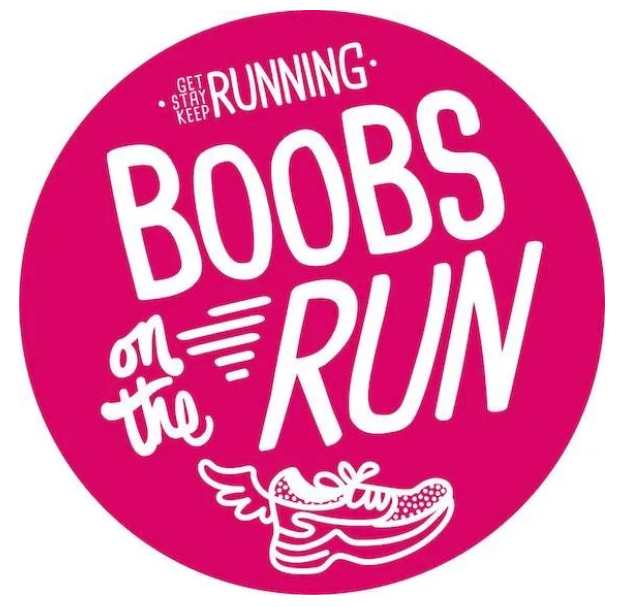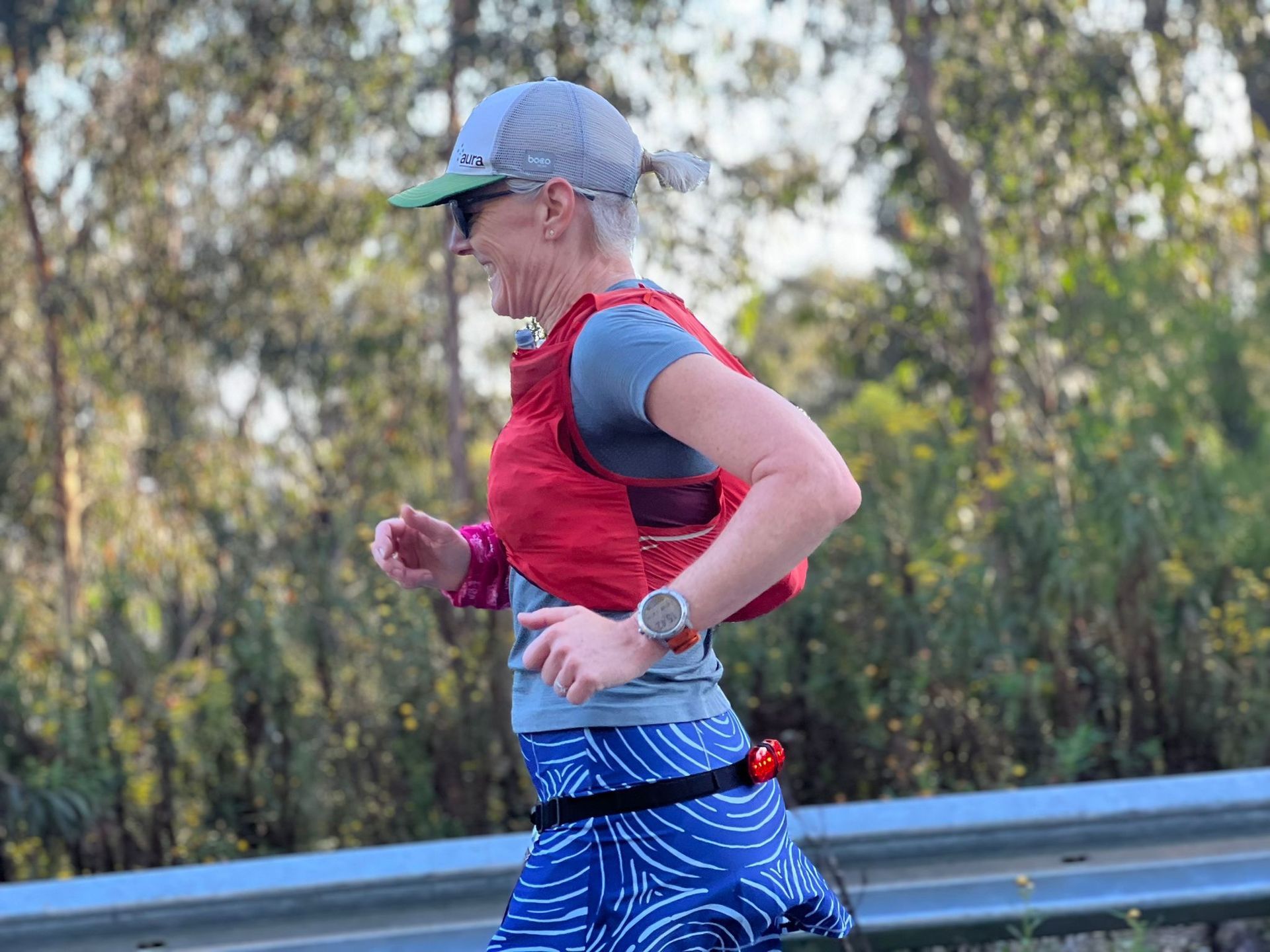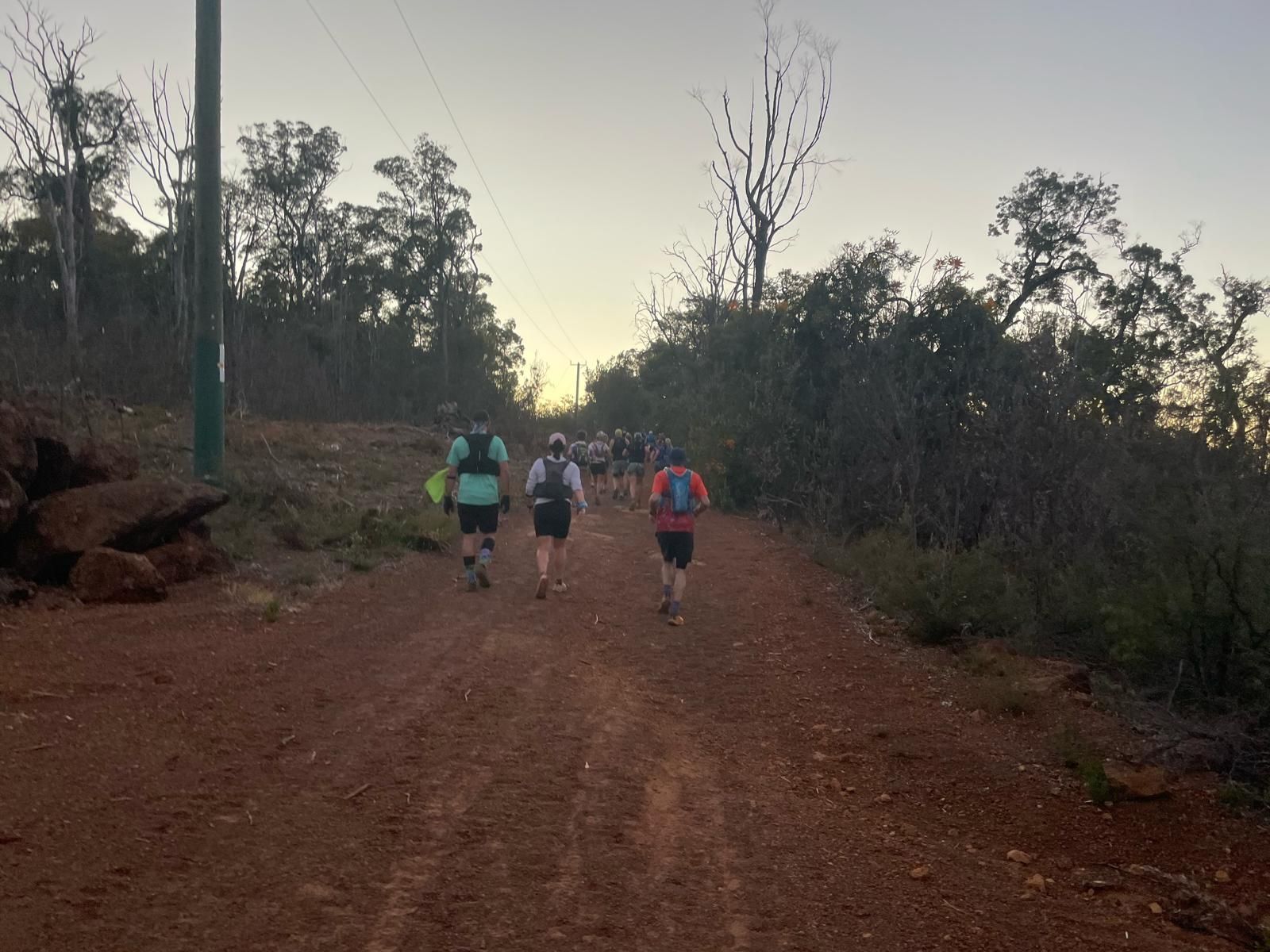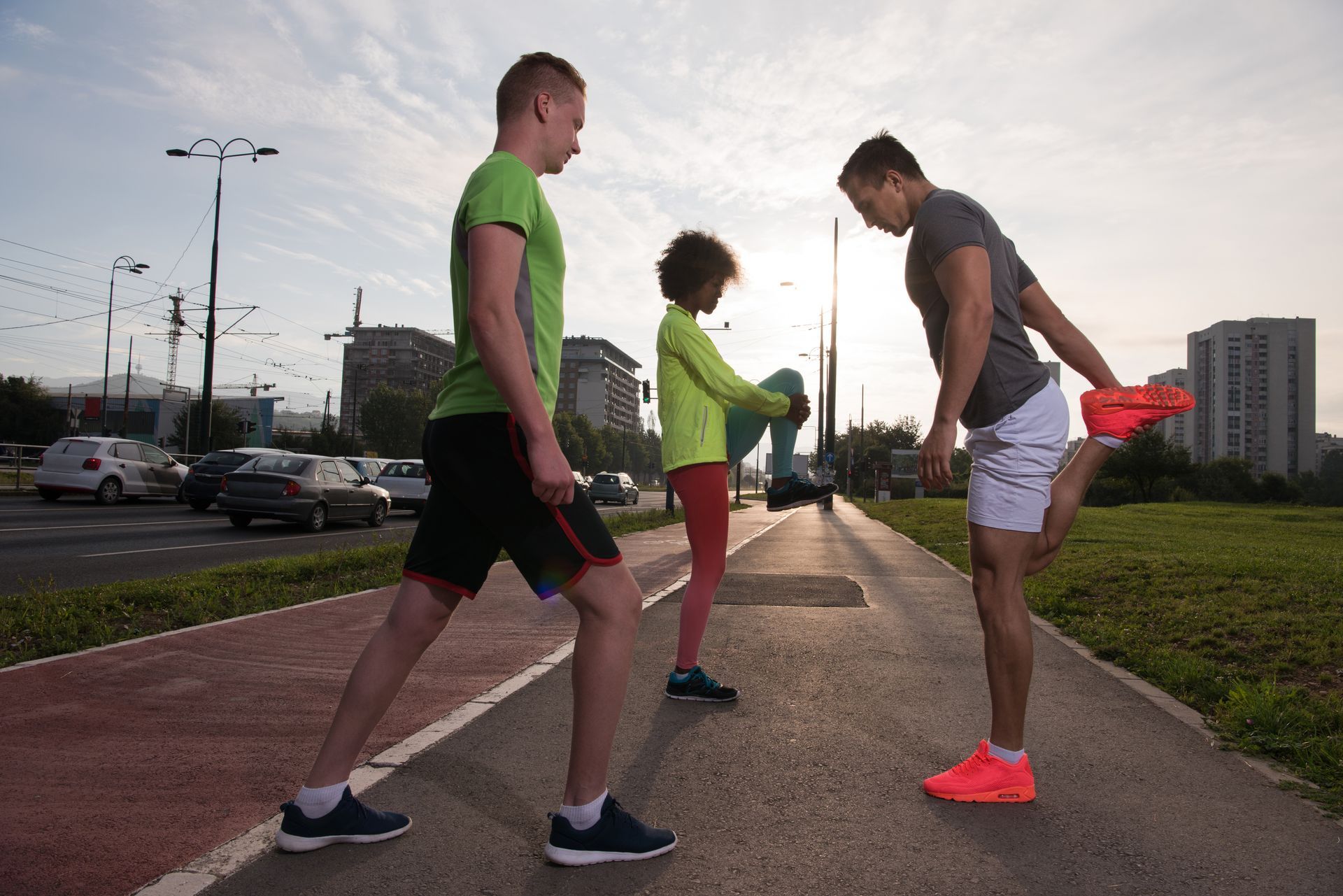
COACH’S CORNER - Cheers or Setbacks? by Lisa Sherman
whether it's a celebratory beer at the finish line or a post-run pub catch up, alcohol and running often go hand-in-hand. but lisa sherman unpacks the lesser-known impacts of drinking on recovery, sleep and performance.

There is no denying there is a very social aspect to running, be it sharing kilometres on the trail, track or road, training with others or being part of a running club or community, and often this might extend to a social gathering over a cold beverage or two or celebrating a recent running event. Whilst the number of people choosing to not drink alcohol is gradually increasing over time, a majority of Australians do consume alcohol with figures from the most recent 2022-2023 National Drug Strategy House Survey finding that 69% of the population aged 14 and over have consumed alcohol in the previous 12 months.
It is widely known that alcohol affects the body’s systems in multiple ways and alcohol intake can have a detrimental impact to exercise performance. This may include slower reaction time given alcohol’s sedative nature; increased risk of muscle cramping as alcohol can cause additional lactic acid to build up (too much lactic acid leads to muscle fatigue and cramping); or reducing your body’s ability to convert food to energy. Alcohol impairs the livers’ ability to produce blood sugar needed for energy and disrupts the water balance in muscle cells, which alters their ability to produce adenosine triphosphate (ATP), your muscles source of energy. (ATP is needed to provide the fuel for your muscles to contract).
Alcohol also contributes to dehydration as it promotes water loss and reduces the production of an antidiuretic hormone which causes you to urinate more and in turn, may lead to dehydration. In addition, alcohol is a vasodilator so it causes blood vessels near the surface of the skin to expand which results in heat loss and lowers your body temp.
Not many runners will drink alcohol just before or during exercise for many of the reasons noted above. But post exercise, enjoying an alcoholic beverage after a training session or run, celebrating the achievement of a running goal, or completion of a race is more common amongst some of the running population. Recovery after exercise is key to our ongoing performance and we need to sufficiently recover from our runs to realise adaptations from our training. Two key components to this recovery are sleep and nutrition and both of these may be impacted by alcohol consumption post exercise.
Most notably, alcohol consumption does have an impact on the quality of sleep. Whilst one or two drinks may help you get to sleep, you are more likely to have a restless night’s sleep and wake up feeling tired and unrefreshed, even if you got 8 hours or so of sleep. Alcohol disrupts our sleep cycles, especially our rapid eye movement (REM) sleep which is the time when our brain is most active and when we dream and lock in memories. This disruption can result in a less restful sleep leaving us feeling drowsy or lower in energy the next day, and may impact our ability to train.
Alcohol’s effect on sleep also extends to hormonal changes which can negatively impact our muscle recovery and contribute to additional fatigue or increased risk of injury. Alcohol can reduce the amount of human growth hormone (HGH) which is a key part of normal muscle building and repair; decrease production of testosterone (needed for muscle development and recovery), melatonin (involved in the sleep wake cycle), and serotonin (involved in appetite regulation and mood), and also increase production of our stress hormone cortisol.
From a nutritional perspective, alcohol contains empty calories meaning there is little nutritional value as the high calories in alcohol are not available to be converted to glycogen (stored form of carbohydrates in our muscles) and does not contain any proteins, minerals or vitamins. Alcohol also inhibits the absorption and use of some key nutrients important for both recovery and performance. This includes vitamin B1 which is involved in metabolism of proteins, fat and carbohydrates as well as formation of haemoglobin; vitamin B12 which helps maintain healthy red blood cells and nerve cells and is essential for good health; and zinc which is vital for energy metabolic processes and a healthy immune system.
Whether you choose to drink alcohol or not, it is a worth remembering that alcohol has both a stimulating and sedative effect, depending on the amount and timing of alcohol consumed and this can have an impact on your exercise recovery and performance.
References
- Australian Institute of Health and Welfare – Alcohol, tobacco & other drugs in Australia (April 2025) https://www.aihw.gov.au/reports/alcohol/alcohol-tobacco-other-drugs-australia/contents/drug-types/alcohol#consumption
- Gardiner C, Weakley J, Burke LM, Roach GD, Sargent C, Maniar N, Huynh M, Miller DJ, Townshend A, Halson SL (2025). Effect of alcohol on subsequent sleep in healthy adults: A systematic review and meta-analysis. Sleep Medicine Reviews 80 (2025) 102030










